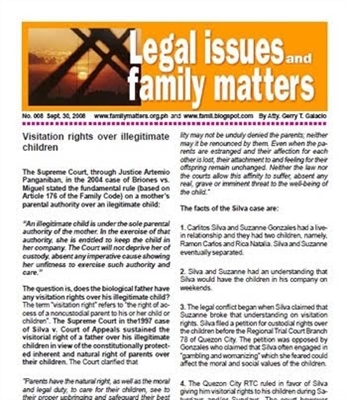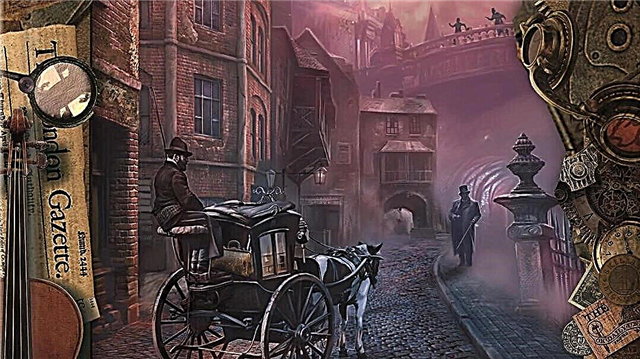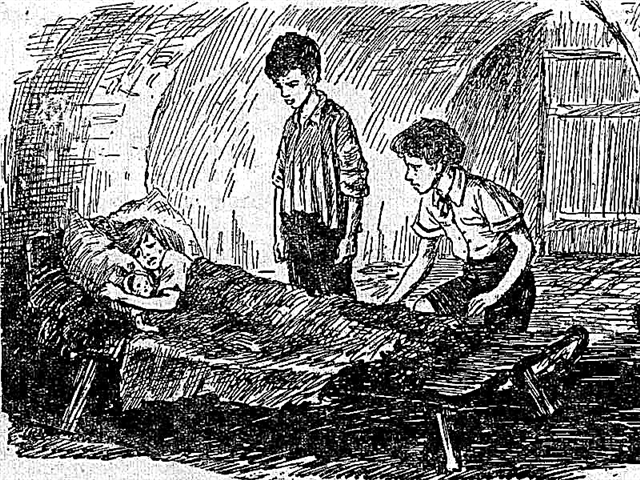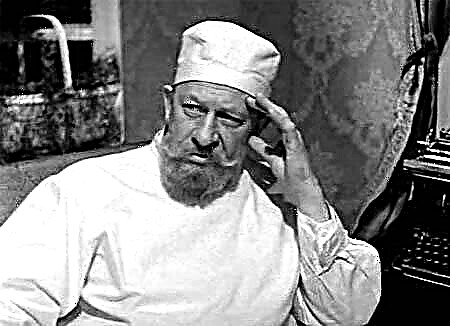A preface to the author’s text is a fragment from the book of the Greek historian Appian of Alexandria (II c.) “Syrian Wars”. The events described in the play date back to the middle of the second century. BC e., when the kingdom of the Seleucids was attacked by the Parthians. The background of the dynastic conflict is set forth in a conversation between Timagen (the teacher of the twin princes Antiochus and Seleucus) and sister Laonika (the confidant of Queen Cleopatra). Timagen knows firsthand the events in Syria, because the Queen Mother ordered him to shelter both sons in Memphis immediately after the alleged death of her husband Demetrius and the rebellion raised by the usurper Tryphon. Laonika remained in Seleucia and witnessed how the people, dissatisfied with the rule of the woman, demanded that the queen enter into a new marriage. Cleopatra married her brother-in-law Antiochus, and together they defeated Tryphon. Then Antiochus, wanting to avenge his brother, fell upon the Parthians, but soon fell in battle. At the same time, it became known that Demetrius was alive and in captivity. Stricken by the betrayal of Cleopatra, he planned to marry the sister of the Parthian king Fraat Rodogun and force to regain the Syrian throne. Cleopatra was able to repulse the enemies: Demetrius was killed - according to rumors, the queen herself, and Rodogun was in prison. Fraat threw a myriad of troops against Syria, however, fearing for his sister's life, he agreed to make peace, provided that Cleopatra ceded the throne to the eldest of his sons, who would have to marry Rodogun. Both brothers fell in love at first sight with the captive Parthian princess. One of them will receive the king’s title and Rodoguna’s hand - this momentous event will put an end to long unrest.
The conversation is interrupted with the advent of Tsarevich Antiochus. He relies on his lucky star and at the same time does not want to deprive Seleucus. Having made a choice in favor of love, Antiochus asks Timagen to talk with his brother: let him reign, abandoning Rodoguna. It turns out that Seleucus also wants to cede the throne in exchange for the princess. The twins swear to each other in eternal friendship - there will be no hatred between them. They made a too hasty decision: Rodogune should be reigned together with her elder brother, whose name will be called by her mother.
Alarmed Rodogun shares doubts with Laonika: Queen Cleopatra will never give up the throne, as well as revenge. Wedding Day is fraught with yet another threat - Rodoguna is afraid of a marriage with an unloved one. Only one of the princes is dear to her - a living portrait of her father. She does not allow Laonika to give a name: passion can give out a blush, and the royal people should hide their feelings. Whatever heaven chooses to her husband, she will be faithful to duty.
Concerns Rodoguny not in vain - Cleopatra is full of anger. The tsarina does not want to give up the power, which she got too expensive, in addition, she has to crown the hated rival with the crown, who stole Demetria from her. She openly shares her ideas with the faithful Laonika: the throne will be given to one of the sons who avenge his mother. Cleopatra tells Antioch and Seleucus about the bitter fate of their father, ruined by the villain Rodoguna. The birthright must be earned - the eldest will be indicated by the death of the Parthian princess.
Stunned brothers understand that the mother offers them to find a crown at the cost of a crime. Nevertheless, Antiochus hopes to arouse good feelings in Cleopatra, but Seleucus does not believe in this: the mother loves only herself - there is no place for her sons in her heart. He offers to turn to Rodogun - let her chosen one become the king. The Parthian princess, warned by Laonika, tells the twins about the bitter fate of their father, who was killed by the villain Cleopatra. Love must be won - her husband will be the one who avenges Demetrius. Dejected Seleucus tells his brother that he is abdicating the throne and Rodoguna - bloodthirsty women have beaten off his desire to both reign and love. But Antiochus is still convinced that mother and lover will not be able to resist the tearful pleas.
Having come to Rodogun, Antioch betrays himself in her arms - if the princess burns with a thirst for revenge, let him kill him and make his brother happy. Rodogun can no longer hide his secret - her heart belongs to Antiochus. Now she does not demand to kill Cleopatra, but the agreement remains unbreakable: despite her love for Antiochus, she will marry the elder — the king. Inspired by success, Antioch hurries to his mother. Cleopatra meets him severely - while he hesitated and hesitated, Seleucus managed to take revenge. Antiochus admits that both of them are in love with Rodogun and are not able to raise a hand on her: if the mother considers him a traitor, let him order him to commit suicide - he will submit to her without hesitation. Cleopatra is broken by her son’s tears: the gods are supportive of Antiochus - he is destined to receive a power and a princess. The immensely happy Antiochus leaves, and Cleopatra tells Laonika to call on Seleucus. Once alone, the queen gives vent to anger: she still longs for revenge and taunts her son, who so easily swallowed the hypocritical bait.
Cleopatra tells Seleucus that he is the eldest and rightfully owns the throne, which Antiochus and Rodogun want to take over. Seleucus refuses to take revenge: in this terrible world, nothing tempts him anymore - let others be happy, and he can only expect death. Cleopatra realizes that she has lost both sons - the cursed Rodogun has bewitched them, as before Demetrius. Let them follow their father, but Seleucus will die first, otherwise she will be inevitably exposed.
The long-awaited moment of wedding celebration is coming. Cleopatra's chair stands below the throne, which means its transition to a subordinate position. The queen congratulates her “dear children”, and Antiochus and Rodoguna sincerely thank her. In Cleopatra’s hands is a goblet with poisoned wine, from which the bride and groom should take a sip. At that moment, when Antiochus brings the cup to his lips, Timagen bursts into the hall with terrible news: Seleucus was found in the park alley with a bloody wound in his chest. Cleopatra suggests that the unfortunate committed suicide, but Timagen refutes this: before his death, the prince managed to tell his brother that the blow was inflicted "with an expensive hand, native hand." Cleopatra immediately accuses Seleucus Rodoguna of murder, and that of Cleopatra. Antiochus is in painful thought: “dear hand” indicates a lover, “native hand” - to the mother. Like Seleucus, the king is experiencing a moment of hopeless despair - having decided to surrender to the will of fate, he again brings the goblet to his lips, but Rodogun demands to try the wine brought by Cleopatra on the servant. The tsarina indignantly declares that she will prove her full innocence. After taking a sip, she passes the goblet to her son, but the poison acts too quickly. Rodogun triumphantly points out to Antioch how his mother turned pale and staggered. The dying Cleopatra curses the young spouses: let their union be full of disgust, jealousy and quarrels - may the gods give them the same respectful and obedient sons as Antiochus. Then the queen asks Laonik to lead her away and thereby save her from the last humiliation - she does not want to fall at the feet of Rodoguna. Antiochus is full of deep sorrow: the life and death of his mother scare him equally - the future is fraught with terrible misfortunes. The marriage celebration was over, and now we need to proceed to the funeral rite. Perhaps heaven will nevertheless be favorable to the unfortunate kingdom.












